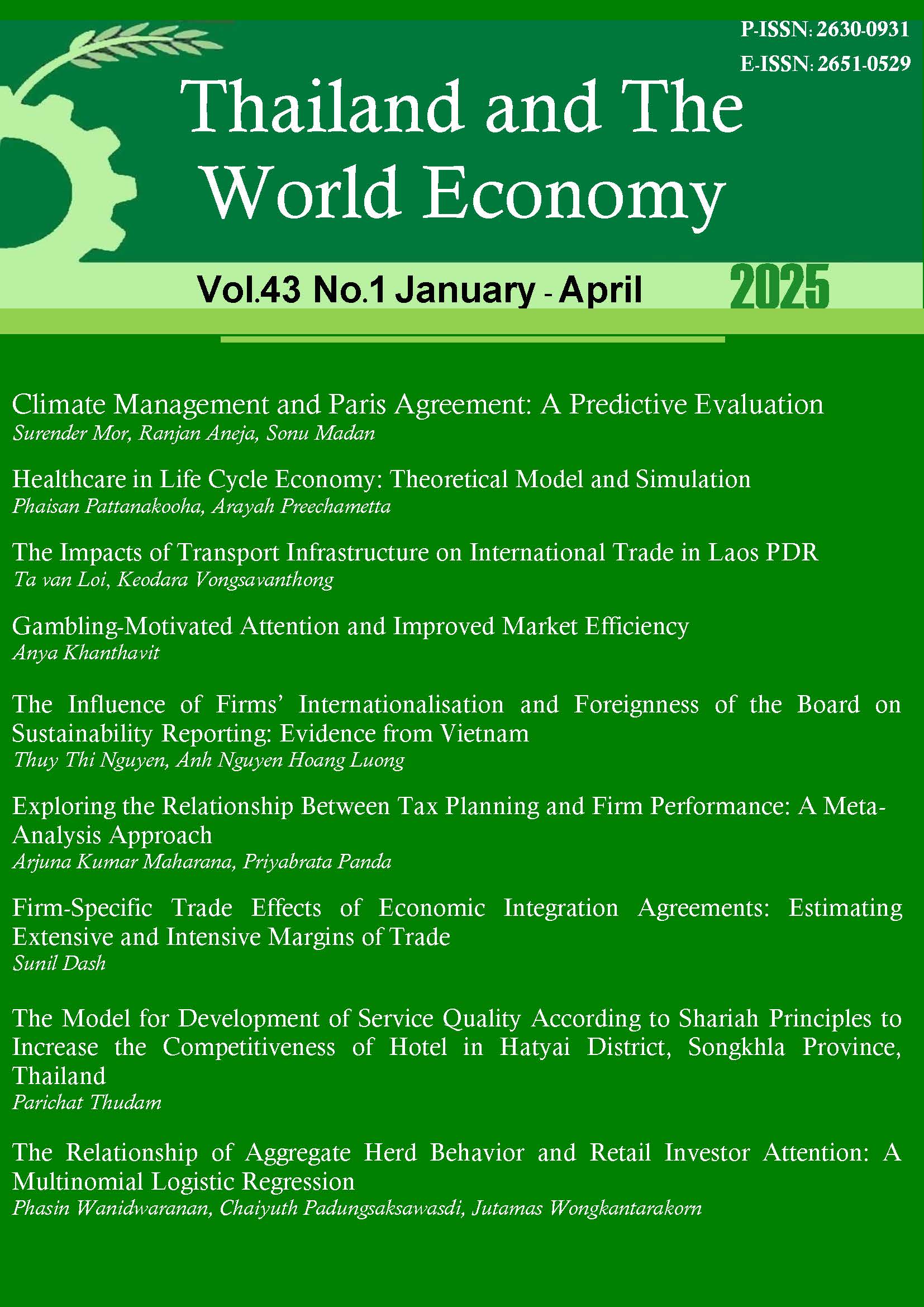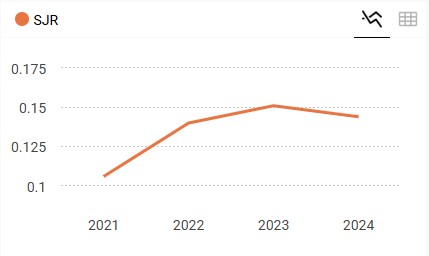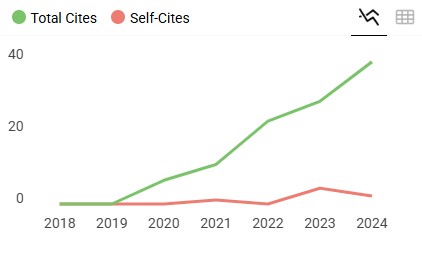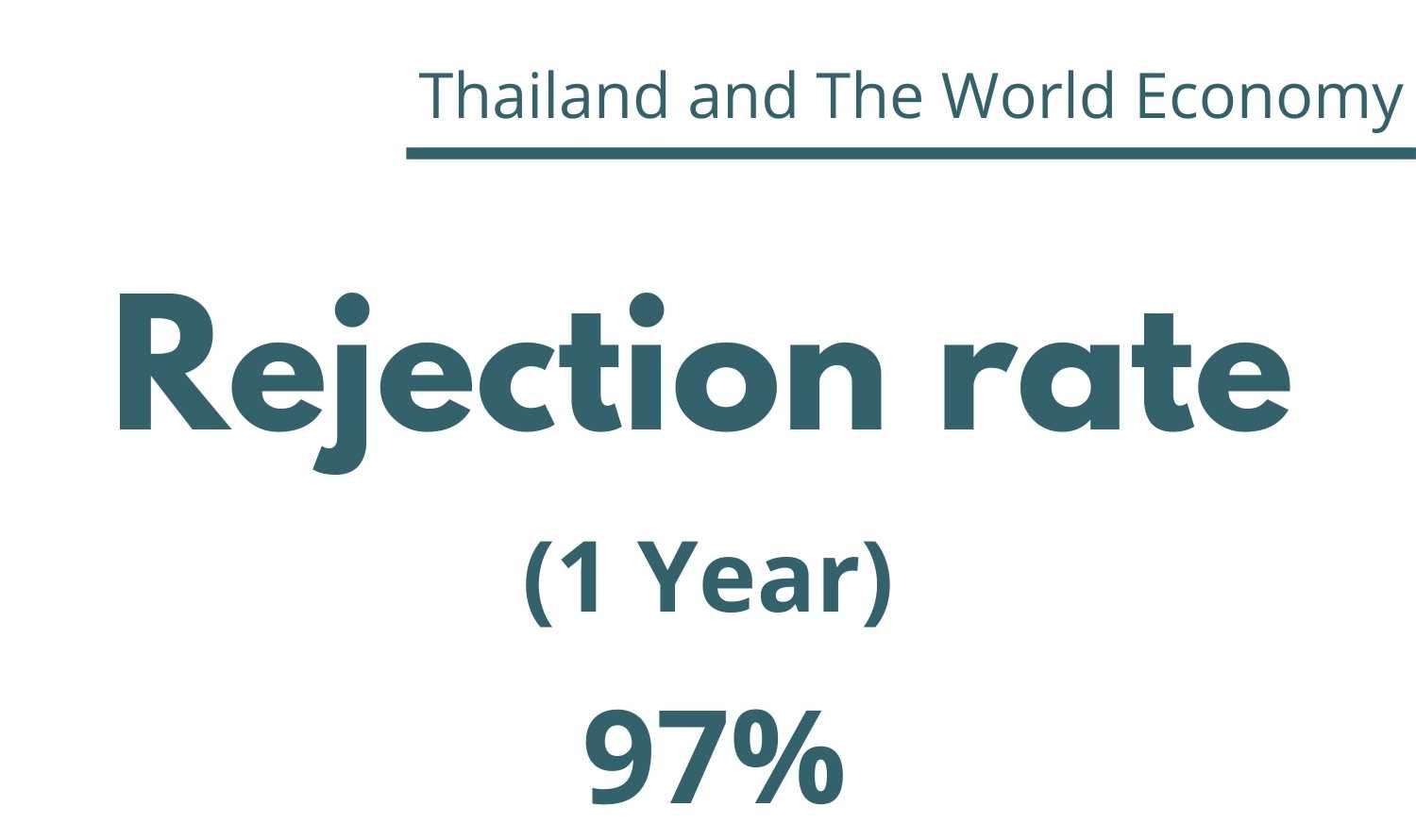The Model for Development of Service Quality According to Shariah Principles to Increase the Competitiveness of Hotel in Hatyai District, Songkhla Province, Thailand
Keywords:
Service Quality, Scopus database, Hatyai DistrictAbstract
Muslim tourists are a large and growing tourism market. Hat Yai District, Songkhla Province, is the center of trade and business in the southern region. However, the number of Shariah-compliant hotels is few, and the services do not respond to the needs of Muslim tourists. This study aimed to improve the service quality of Shariah-compliant hotels in Hatyai District, Songkhla Province, and establish a practical model of Shariah-compliant hotels that responds to the behavior and needs of Muslim tourists. This research used a qualitative research method. Data were collected by using interviews. The collected data were analyzed using content analysis and descriptive statistics. The results revealed that customers could be divided into 3 groups: 1) foreign tourists 2) Thai tourists and 3) customers for meetings, seminars, and weddings. Muslim customers who want halal food and drinks were needed the most, followed by a qibla direction symbol in the room and a washroom equipped with a bidet, hand shower, or water hose. The findings also showed that the entrepreneurs used various strategies to provide their customers with unique services and create awareness of Shariah services by naming their hotels using Muslim names. The model for developing a prototype of the Shariah-compliant hotel to respond to the needs of Muslim tourists consisted of 3 key components: 1) customer needs; 2) potential and readiness of entrepreneurs; and 3) Shariah principles. The Shariah-compliant hotel model could be categorized into two levels: 1) partially Shariah-compliant hotel and 2) fully Shariah-compliant hotel.
References
Ahmat, N. H.C, Ridzuan, A. H.A., Din, N. Zainol, N., & Razali, M. A. (2015). Syariah compliant hotel: The concept and practices. Journal of Tourism, Hospitality & Culinary Arts, 7(2), 52-66.
Doi, A. R. I. (1984). Shariah the Islamic law. London: Ta-Ha Publishers Ltd.
Dauda, S.Y., & Lee, J. (2016). Quality of service and perceived customer satisfaction: A conjoint analysis for the Nigerian bank customers. International Journal of Bank Marketing, 34(6), 841-867.
Fazil, A. H., Saidin, N., & Fazil, F. (2023). Measurement of Shariah-compliant hotel: A review. Keunggulan Warisan Islam, 8(1), 74-86.
Henderson, J. C. (2010). Sharia-compliant hotels. Tourism and Hospitality Research, 10(3), 246-254.
Jurattanasan, A. & Jaroenwisan, K. (2014). The attribution of shariah compliant hotel in Muslim countries. Review of Integrative Business and Economics Research, 3, 39-44.
Muhammad, Z. (2009). Al Jawhara: Promoting Islamic hospitality and halal tourism. The Halal Journal, (MAY-JUNE), 60.
Omar, C. M. C., Islam, M. S., & Adaha, N. M. (2013). Perspectives on Islamic tourism and shariah compliance in the hotel management in Malaysia. Islamic Economics and Business, 1(1), 1-8.
Razalli, M. R., Ismail, R. M., & Yaacob, N. A. (2015). SIHAT: An assessment tool for Shariah-compliant hotel operations. International Journal of Islamic Marketing and Branding, 1(1), 55-68.
Razak, N. A. A., Yusof, R. N. R. & Aziz, Y. A. (2019). Challenges in implementing Muslim friendly hospitality services (MFHS) in Shariah-compliant hotels in Malaysia. International Journal of Academic Research in Business and Social Sciences, 9(10), 96-104.
Rosenberg, P., & Choufany, H. M. (2009). Spiritual lodging-the Shariah-compliant hotel concept. Retrieved from HVS Global Hospitality Services-Dubai https://www.hospitalitynet.org/file/152003779.pdf
Saad, H. E., Ali, B. N., & Abdel-Ati, A. M. (2014). Sharia-compliant hotels in Egypt: Concept and challenges. Advances in Hospitality and Tourism Research, 2(1), 1-15.
Sahida, W., Rahman, S. A., Awang, K., & Man, Y. C. (2011). The implementation of shariah compliance concept hotel: De Palma Hotel Ampang, Malaysia. Humanities, Historical and Social Sciences (IPEDR), 17, 138-142.
Salleh, M. N. (2014). Establishing shariah-compliance hotel characteristics from a muslim needs perspective. In S. M. Radzi, M. F. S. Bakhtiar, Z. Mohi, A. Zainal, N. Sumarjan, C.T. Chik, & F. I. Anuar (Eds.), Theory and Practice in Hospitality and Tourism Research (pp.1-6). United Kingdom: Taylor & Francis Group.
Salleh, N. Z. M., Hamid, A. B. A., Hashim, N. H., & Omain, S. Z. (2014). The practice of Shariah-compliance hotel in Malaysia. International Journal of Trade, Economic and Finance, 4(1), 26-30.
Samori, Z., & Rahman, F. A. (2013). Establishing Shariah-compliant hotels in Malaysia: Identifying opportunities, exploring challenges. West East Journal of Social Sciences, 2(2), 95-108.
Sriprasert, P., Preecha, S., Polsongkramm, P., Suttara, R., Chukeaw, S., Suriyawong, T., & Pramojanee, S. (2013). Behavior and need of Halal tourism in Andaman Gulf at Thailand for Muslim tourists. Bangkok: National Research Council of Thailand (NRCT).
Tongsamsi, K., Jiaramat, A., Tongsamsi, I., Luxchaigul, N., Tongtae, P., & Bunnag, S. (2018). Demands of Muslim tourists for halal-friendly accommodations. Silpakorn University Journal, 38(3), 127-147.
Downloads
Published
How to Cite
Issue
Section
Categories
License
Copyright (c) 2024 Thailand and The World Economy

This work is licensed under a Creative Commons Attribution-NonCommercial-NoDerivatives 4.0 International License.










